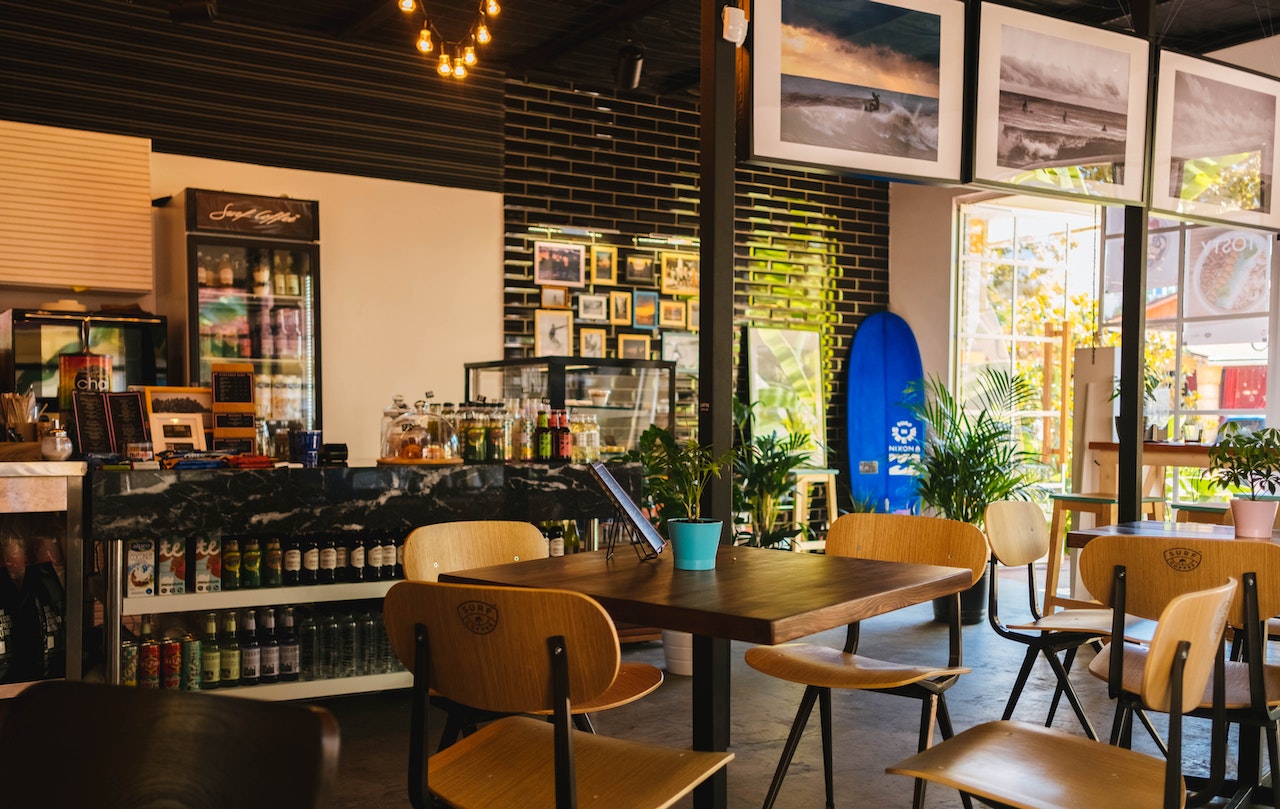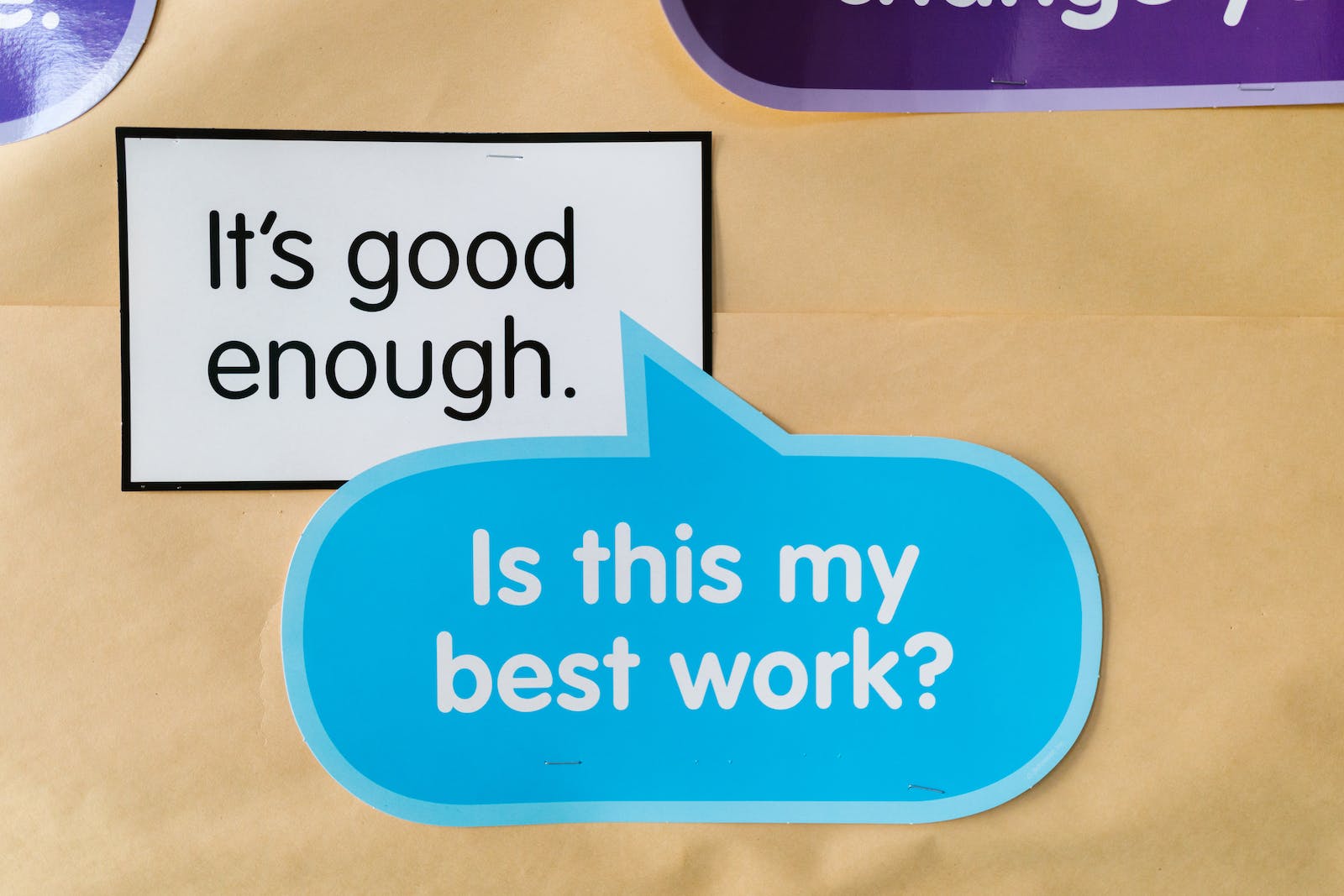Running a hospitality business is challenging even when the economy is booming and life is “normal.”
With narrow profit margins, the high cost of labour, and a highly competitive industry, many hospitality businesses struggle to thrive within the first few years.
So, what happens when a global pandemic comes along – effectively shutting down life as we know it for restaurants, cafes, and other hospitality providers?
Things get really tough.
But it doesn’t necessarily have to be the end of the road. It is possible to keep your business running – even if you need to reduce operations.
If you’re struggling to keep the tap on and stay profitable in your hospitality business, keep reading. We’ll share some of the most important things to consider to survive – and maybe even thrive – in the months ahead.
How To Improve Profitability For Your Hospitality Business
While financial management can be tricky, business success essentially boils down to the flow of money into and out of your business.
That means that to increase your profits, you need to increase your income or decrease your expenses. Ideally, you’ll do a mixture of both.

However, every hospitality business owner knows it’s not a simple matter of cutting costs here and there. Cutting your expenses in one area may impact food quality, customer service, or staff morale, so you need to consider any changes carefully before jumping in.
Here are some suggestions to help you get the ball rolling.
1. Pay Attention to Your Payroll
One of the most significant expenses in a hospitality business is the cost of labour. While we don’t suggest you scale your team down as a first response, there are other options that can cut costs in this area.
Your first action should be to optimise your employee scheduling by forecasting your staff needs based on daily variations.
If you experience slow days during the week, you may consider closing down for those days instead of operating at a loss. For example, cutting even one day from your workweek could reduce labour costs by as much as 20 percent.
Digging down into specific time periods can be helpful, too. Measure your sales over different times of the day in an average week to determine if your staffing levels throughout the day are appropriate. This may guide you to open only for lunch, only for dinner, or to offer both services but reduce staffing levels between each.
2. Take Care of Your Team
Your staff may be your biggest expense, but they are also your biggest asset, so it’s important to be mindful of their needs and expectations if adjusting your schedules.
If you have no choice but to reduce hours, make sure to spread the cutback amongst as many team members as possible.
Always communicate clearly about the challenges you face as a hospitality business owner, and ask for feedback from your team. They may have valuable insight to offer and will appreciate transparency and honesty.

3. Adjust Your Menu
During times of ebb, it can be helpful to simplify your offerings. Instead of a complicated menu, narrow it down to some key favourites. Look at your records to see what’s popular, and ask your customers what kind of food they’d like to see from you.
A simpler menu means lower production costs and fewer ingredients. It also helps you reduce food wastage, which is an essential cost-cutting measure any hospitality business should be mindful of.
With a more uncomplicated menu, your kitchen can work more efficiently, which means faster service and improved operations all around.
Don’t forget to monitor your food costs and conduct a weekly inventory to reduce wastage and stay on top of your cash flow.
4. Mind the Details
Take a look at all your expenses, including power and water usage. Minor changes to lighting or energy use can make a difference in your monthly bills.
Aside from labour and food costs, where else can you cut back? Monitor paper towel usage, cleaning supplies, and other items. If you offer a takeout or delivery service, give customers the option to pass on using disposable forks and knives.
If you’re not offering a dine-in service, do you really need a high-speed internet service? Dive down into those details, and you may be surprised at how your expenses drop.
Reach Out For Support
Regardless of whether your hospitality business is experiencing a peak or a trough, careful financial management is the key to success. Cutting costs may help you survive short-term, but for long term success, business owners need to plan carefully and make some tough decisions about the future.
Sometimes, it can be hard to see the forest for the trees. You’re so caught up in the details that you find it difficult to look at the big picture. This is when it can be valuable to ask for help. A fresh set of experienced eyes can offer insight that helps you manage your finances correctly to maximise profit.
Wise Advice can help you identify areas of improvement, create a business plan for your hospitality business, and identify ways to manage your profitability long-term.




